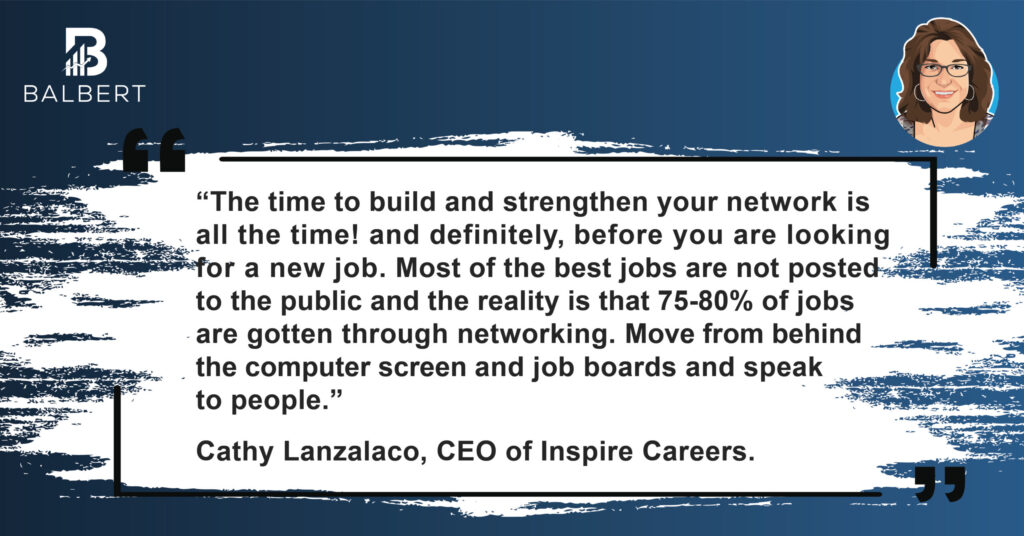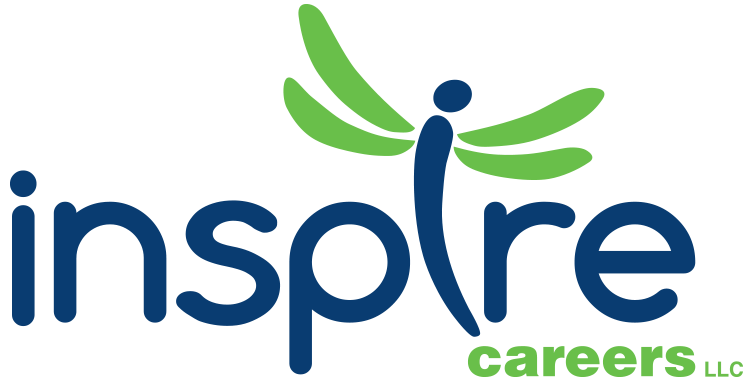
The explosive job market and the shortage of workers is a leading topic in all industries across the country. An employee-driven job market like this comes around once in a generation. Here I share results-oriented strategies that will help job seekers separate themselves from their competition and land a job they’ll love.
My best top tips for job seekers:
1. Get clear about what you want. Every day, job seekers tell me they “just want anything,” or “I can do anything,” or “ I am open to a lot of different things.” Getting clear on what you want in your next job will help you gain clarity on your value offering and allow you to target the employers that align with your values and professional goals. Conducting this exercise on paper will help further develop your clarity. Importantly, an employer wants to know what you can do for THEM and telling them you “will do anything,” is actually a turn off.
2. A resume is the starting point for all career search activities. Today’s resumes should be personally branded, action-oriented, and results-focused. It’s no longer acceptable to C+P your job description and expect it to attract employer attention. If you are a working adult and still using your career center resume from college, it’s time for an upgrade. Like today. Like now.
3. Update and fully optimize your LinkedIn profile. LinkedIn was the hub for all career-related activities before the pandemic, and since then, it has taken on an even more prominent role for job seekers and career-minded professionals. If you are serious about your job search, even as a confidential job seeker, you need to fully develop your LinkedIn profile. That means a professional headshot, original banner picture, branded Headline, engaging About section, build out all relevant work experience, add all 50 skills in the Skills section, ask for Recommendations and Endorsements, and leverage LinkedIn’s interactive features to powerfully communicate your brand offering and attract quality opportunities.
4. Develop and hone your elevator pitch. Keep it to 60 seconds and always include what your goal is at the end of it. For example: I am pursuing a new role as a marketing director, or I am seeking people in systems engineering to conduct an informational interview before I launch a formal job search. Like your career goals, establishing clarity about what you would like from other people will place them in a better position to help you.
5. Identify and formulate a plan to close your skills gap for the job you seek. Don’t tell employers “I don’t have the skills you seek but I am a fast learner.” In an interview, all candidates are “fast learners.” While it is usually unnecessary to have all the requirements of job or every skill an employer prefers in a candidate, take the time to determine what may be a skill that crosses many of the jobs or companies you seek and if you don’t have it, get it. Sites like Udemy, Coursera, or LinkedIn Learning are targeted to help you gain the skills you need and offer badges to post to your LinkedIn profile to demonstrate that you have completed a course or even skills assessment testing—this can be a very powerful way to influence recruiter decision making.
6. Prepare your STAR stories for an interview. S- Situation (set up the story), T- Task (what task were you charged with), A- Action (what action did you take to influence the situation or complete the task), and R- Result (what result did your action produce). Some companies will require you to answer questions in this format because they can gauge an interviewee’s effectiveness best this way, and for the ones that don’t require it, it gives you an opportunity to better showcase your value offering and what you can potentially do for their organization.
7. Engage your network. The time to build and strengthen your network is all the time! and definitely before you are looking for a new job. Most of the best jobs are not posted to the public and the reality is that 75-80% of jobs are gotten through networking. Move from behind the computer screen and job boards and speak to people.
8. Finally…Think different. Do different. Be different. Overwhelmingly, most job seekers will follow the same approach: search for a job online, complete the minimum requirements of the application, allow the employers to drive the process, and hope for the best. Consider ways to separate yourself out from your competition: connect with recruiters on LinkedIn or directly through their firms, offer to recommend candidates for jobs other than the ones you seek (this will blow their mind and increase your value with them), create a leave behind interview package with extra copies of your resume, professional references, nonproprietary work samples, and reach out to a recruiter if you have not heard from them more than a week after an interview.
9. For new grads, demonstrating your capabilities and enhancing your credibility is key: start a podcast, launch a YouTube channel, volunteer at an organization you care about or want to work at. Create an original and professional way to capture a recruiter or hiring manager’s attention.
Want more great tips? https://www.inspirecareers.com/in-the-media/ for recent career-related information I’ve shared on numerous podcasts, television outlets, and radio shows.
Visit the Inspire Careers YouTube channel to enjoy short bursts of content I share through video https://bit.ly/3kIdlgS and don’t forget to subscribe to be notified when new content is added.
PS Thanks to Ben Albert for the awesome cartoon me and cool graphic!


